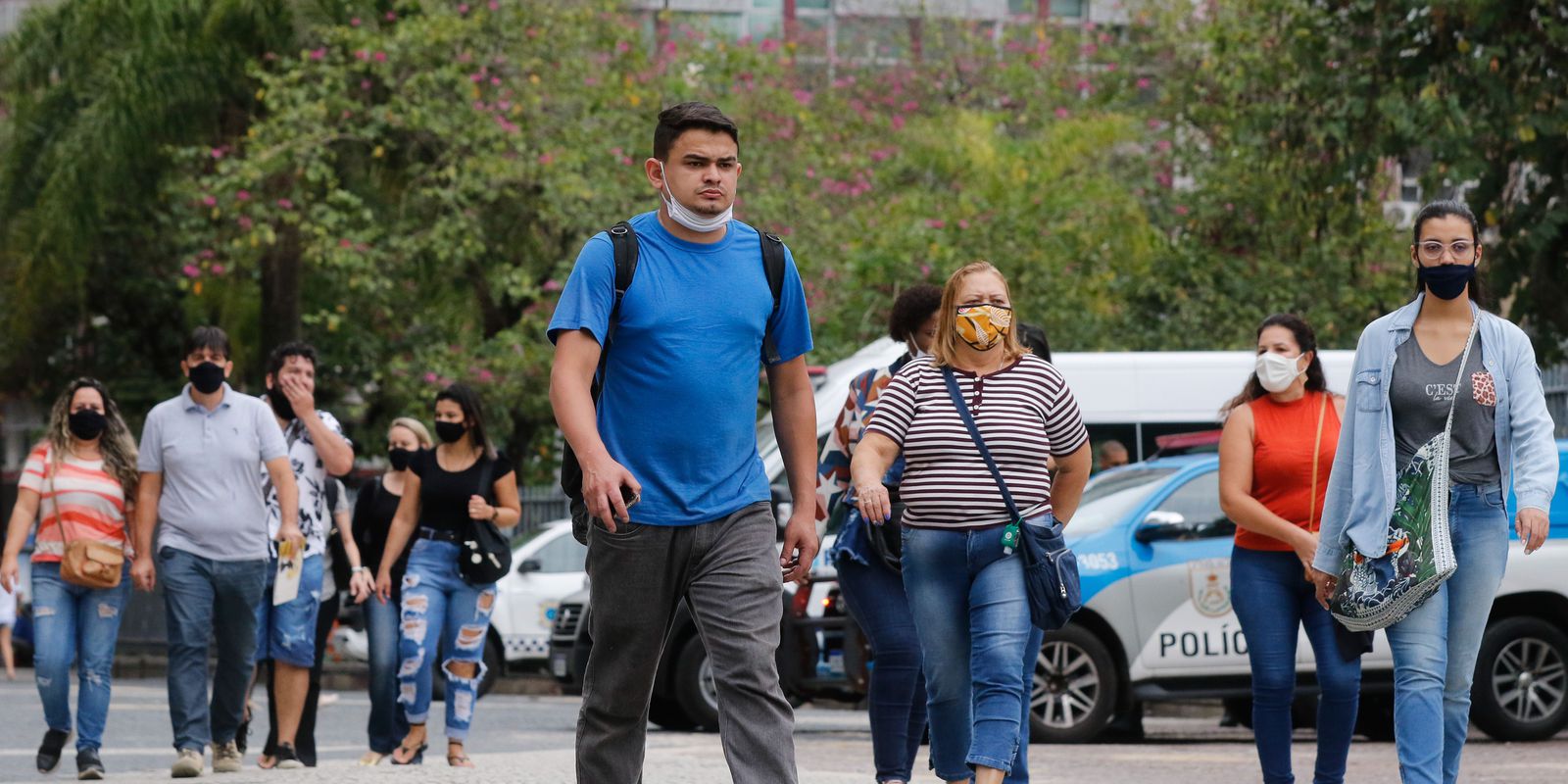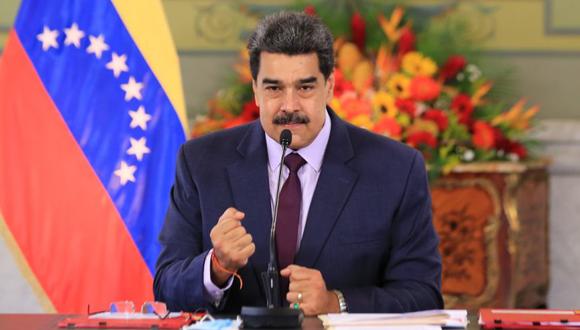The Minister of Economy, Sergio Massa, assured that inflation “It is neither more nor less than the fever of a sick economy”, and he assured that lowering it is “a challenge that we all have”, in particular he “as the main person in charge” but that it also requires “a responsible view of the entire leadership politician, businesswoman and union”.
“Hopefully we all have the eggs well laid to lower inflation in Argentina,” he said during an act in Entre Ríos in which he presented a compensation program for poultry, egg and pig producers, for the additional rise in the price of soybeans, derivatives and oilseed-based foods during the term of the second Export Increase Program.
“Inflation is neither more nor less than the fever of a sick economy. The challenge that we all have, I as the main person in charge, is to encourage ourselves to lower the fever and face this disease”Massa said.
That, he added, “It requires fiscal order, discipline, teamwork and setting objectives and not changing them. It also requires a responsible view, from all the political, business and union leadership”to those present at the act in which the Governor of Entre Ríos, Gustavo Bordet, and the Secretary of Agriculture, Livestock and Fisheries, Juan José Bahillo, participated.
“The number (inflation) for December (5.1% for the general level) shows that we have traveled a downward path, but it is not enough. I invite all Argentines that we can travel the path that we have been traveling to the low because it’s about improving the health of our economy,” Massa said.
On this point, he clarified that the journalistic versions that have circulated in recent days about an alleged launch of his candidacy for president in the event that he is successful with his economic policy are false, and that his only race “is to lower inflation and make grow to Argentina”.
“It is a race to follow that path of 22 consecutive months of job creation. Don’t put me on another race”warned the minister.
And he added: “Hopefully we all have our eggs well laid in Argentina, to face inflation and grow our economy and the productive interior that contributes so much to Argentina.”
The Argentine Productive Strengthening Program announced by Massa seeks to compensate pig, poultry and egg producers for the additional rise in the price of soybeans, derivatives and oilseed-based foods during the term of the second Export Increase Program.
With an investment of $3,500 million by the national government, the producers benefiting from the program will be helped with compensation of $30,000 per ton of animal feed purchased between November 28 and December 30 of last year, when it was implemented. a differential exchange rate for the soybean complex that led the bean price to between $90,000 and $100,000 a ton.
Thus, pig producers with fewer than 1,000 sows will receive compensation of $30,000 per ton of soybeans, or their equivalents in by-products or balanced feed, purchased between November 28 and December 30, 2022.
The compensation will be calculated taking into account the monthly average of pork produced between the months of October 2021 and September 2022 of each producer, and the tons necessary to produce that average volume of meat resulting from their past performance will be compensated in a single payment.
The component for pig producers establishes a maximum amount to be received per producer of $5,000,000, reaching 98% of the producers, with a national government investment of $1,000 million.
The same procedure to be able to determine aid to pig producers will be used for poultry and eggs, although in the first case the monthly average of chickens sent to slaughter will be taken and in the second case the monthly average of eggs sold.
In these two cases, the compensation reaches 100% of the producers, for which the government will allocate $2,000 million for those dedicated to the production of poultry meat and $500 million for egg production.
“To the producers who are waiting for an answer from us, we tell them that last week we reached out to milk, because the drought and prices were hitting them. Today we reach out to the poultry and pork sectors, because we know that they are also hit , and next week we will be in Santa Fe, so that all the producers who ran out of food have the assistance of a state present,” said Massa.
And closed: “The idea that in Argentina it is the field or the industry has ended. Argentina is both, and this is the best example”.
Minutes later, at a press conference, Massa added that the “political discussion is distracting” and that his team is “focused on lowering inflation, supporting production systems and working to increase production volumes.”
“I am not satisfied -he continued- with 5 inflation points, far from it, the objective is to continue every 75 days going down one more step, with a collective effort”.
Within this framework, he maintained that the State has to be “fiscally responsible, orderly with its expenses, careful with its dollars” but also “the arbitrator to keep social and economic tensions in balance.”
The main points of the Argentine Productive Strengthening Program
The initiative will compensate producers of pork, poultry and eggs for the extra paid for soybeans or their by-products or feed for animal consumption.
The benefit will cover the period that the second window of the Export Increase Program (PIE) lasted between November 28 and December 31 of last year.
The following are the main points of the announcement made today in the Entre Ríos town of General Racedo:
– The Program contemplates a total investment of .500 million by the national Government.
– Pig producers with fewer than 1,000 sows will receive compensation of ,000 per ton of soybeans, or their equivalents in by-products or balanced feed, purchased between November 28 and December 30, 2022.
– For the calculation of the tons to be compensated, the monthly average of pork produced between the months of October 2021 and September 2022 of each producer will be taken into account, and the tons necessary to produce that average volume of meat resulting from their past will be compensated. performance in a single payment.
– The component destined to pig producers establishes a maximum amount to be received per producer of ,000,000, reaching 98% of the producers. The investment of the national government is 1,000 million.
– Poultry producers will receive compensation of ,000 per ton of soybeans, or their equivalents in by-products or balanced feed, purchased between November 28 and December 30, 2022.
– For the calculation of the tons to be compensated, the monthly average of chickens sent to slaughter between the months of October 2021 and September 2022 of each producer will be taken into account, and the tons necessary to produce that monthly average meat volume resulting from your past performance in a single payment.
– This component reaches 100% of the producers. The investment of the National Government is 1,000 million.
– Egg producers will receive compensation of ,000 per ton of soybeans, or their equivalents in by-products or balanced feed, purchased between November 28 and December 30, 2022.
– For the calculation of the tons to be compensated, the monthly average of eggs marketed between the months of October 2021 and September 2022 of each producer will be taken into account, and the tons necessary to produce that amount of monthly average eggs resulting from their past will be compensated. performance in a single payment.
– This component reaches 100% of the producers. The investment of the National Government is 0 million.










